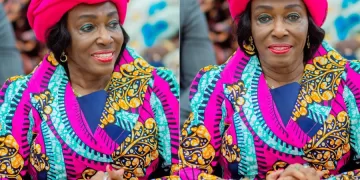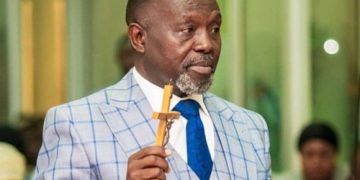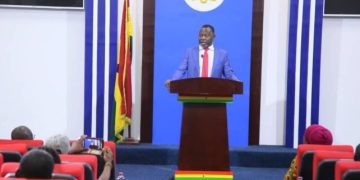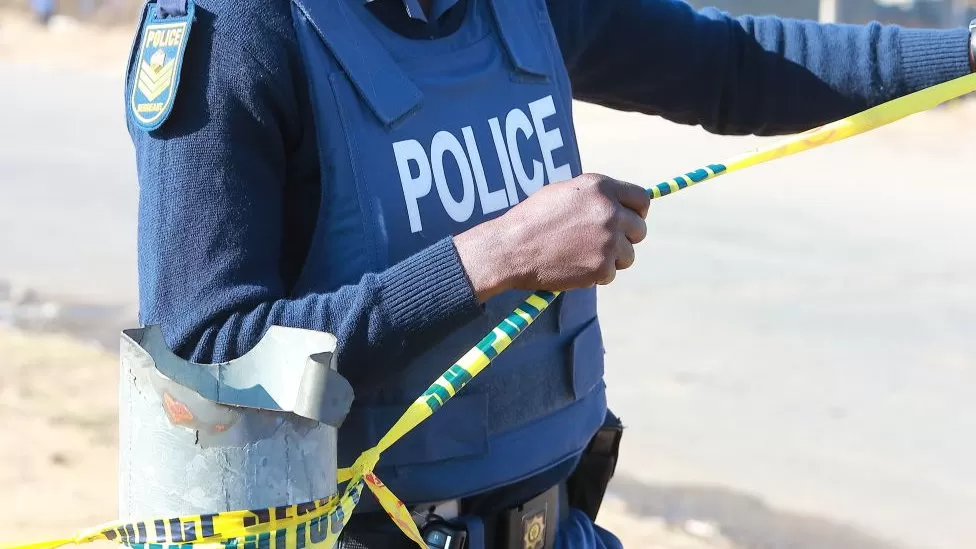Turkish officers again searched the Saudi consulate in Istanbul on Wednesday and Thursday Photo: AFP[/caption]
The Washington Post has published missing Saudi journalist Jamal Khashoggi’s last column – a call for press freedom across the Arab world.
The newspaper said it decided to go ahead after accepting Mr Khashoggi was not going to return safely. The journalist has not been seen since entering the Saudi consulate in Istanbul on 2 October, where Turkish officials allege he was killed. Saudi Arabia, which denies the killing, allowed investigators inside overnight. Turkish crime scene teams were seen leaving the consulate early on Thursday morning. Sources close to the investigation have said they have audio evidence of Mr Khashoggi’s torture and eventual murder at the consulate. However, these have not been made public. On Wednesday, President Donald Trump said the US has asked for the recording “if it exists”. Meanwhile, politicians from around the world have said they will not be attending an investment conference in Saudi Arabia next week. However, a number of major businesses – including Goldman Sachs, Pepsi and EDF – were still intending to go despite growing pressure for a boycott.What did the last column say?
The Post’s Global Opinions editor Karen Attiah said the column “perfectly captures [Mr Khashoggi’s] commitment and passion for freedom in the Arab world”, adding it was “a freedom he apparently gave his life for”. Ms Attiah revealed it was submitted the day after Mr Khashoggi went missing. For some time, she “hoped Jamal would come back to us so that he and I could edit it together”, Ms Attiah wrote. But realising this was “not going to happen”, it was decided to publish the column. In it, Mr Khashoggi – who went into self-imposed exile last year after reportedly being warned by Saudi officials to stop criticising the crown prince’s policies – presented a strong criticism of the state of press freedom in the Arab world, which, he claimed, leaves its people “either uninformed or misinformed”.
[caption id="" align="alignnone" width="720"]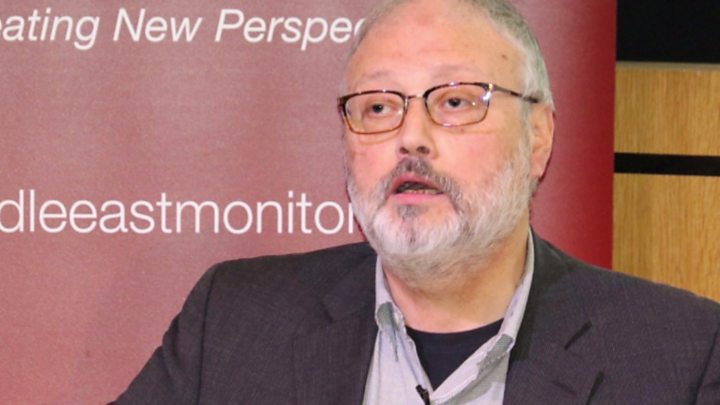 Jamal Khashoggi: What we know about the journalist’s disappearance[/caption]
Jamal Khashoggi: What we know about the journalist’s disappearance[/caption]
 Jamal Khashoggi: What we know about the journalist’s disappearance[/caption]
Jamal Khashoggi: What we know about the journalist’s disappearance[/caption]

Jamal Khashoggi disappearance: The key events
2 October- 03:28: A private jet carrying suspected Saudi agents arrives at Istanbul airport. A second joins it late afternoon
- 12:13: Several diplomatic vehicles are filmed arriving at the consulate, allegedly carrying some of the Saudi agents
- 13:14: Mr Khashoggi enters the building, where he is due to pick up paperwork ahead of his marriage
- 15:08: Vehicles leave the consulate and are filmed arriving at the nearby Saudi consul’s residence
- 21:00: Both jets leave Turkey by 21:00
- Turkish government announces Mr Khashoggi is missing, thought to be in the consulate
- Saudi Arabia says he left the embassy
- Turkish officials tell the BBC they believed Mr Khashoggi was killed at the consulate. This is later strongly denied by Saudi Arabia
- Turkish officials tell BBC Arabic they have audio and video evidence of the killing . The existence of such tapes had previously been reported by local media
- Forensic teams carry out searches of consulate

How is Turkey’s investigation progressing?
On Wednesday and into Thursday, investigators spent almost nine hours searching the Saudi consul’s residence, then moving on to the consulate itself about 200m (650ft) away, according to Reuters news agency. The team included prosecutors and forensics experts in white overalls. Several vehicles with Saudi diplomatic number plates were filmed by CCTV cameras moving from the consulate to the residence just under than two hours after Mr Khashoggi entered the consulate on the day he vanished. The consulate building was searched for the first time on Monday.What is Trump’s latest position?
Saudi Arabia is one of Washington’s closest allies and the Khashoggi disappearance is putting the administration in an awkward position. Confirming that the tape said to provide evidence of the killing had been requested, Mr Trump added: “I’m not sure yet that it exists, probably does, possibly does.” Mr Trump said he expected a report from Secretary of State Mike Pompeo who has just been to Saudi Arabia and Turkey.
[caption id="" align="alignnone" width="720"]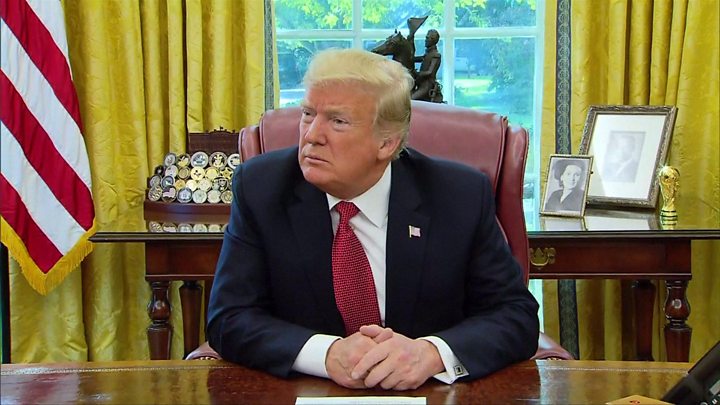 President Trump said he wanted answers on the issue[/caption]
President Trump said he wanted answers on the issue[/caption]
 President Trump said he wanted answers on the issue[/caption]
President Trump said he wanted answers on the issue[/caption]
What is reported to be on the recording?
The existence of audio evidence that Mr Khashoggi – a critic of Saudi leaders – was murdered was revealed by Turkish investigators early on in their inquiries. Reports in Turkish media give gruesome details of what are said to be his final minutes, including screams. A Turkish newspaper says the consul himself, Mohammed al-Otaibi, can be heard in the audio recording of Mr Khashoggi’s death.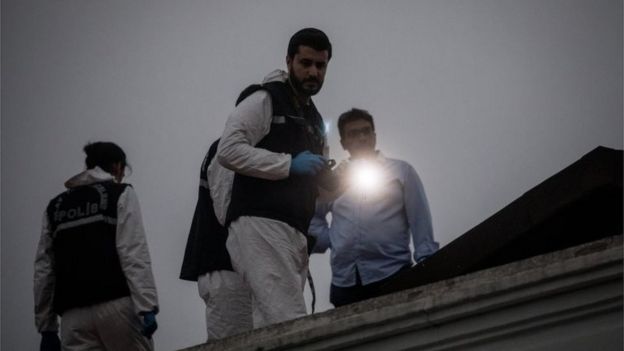 The search of Saudi consular buildings continues photo: GETTY IMAGES[/caption]
The search of Saudi consular buildings continues photo: GETTY IMAGES[/caption]


